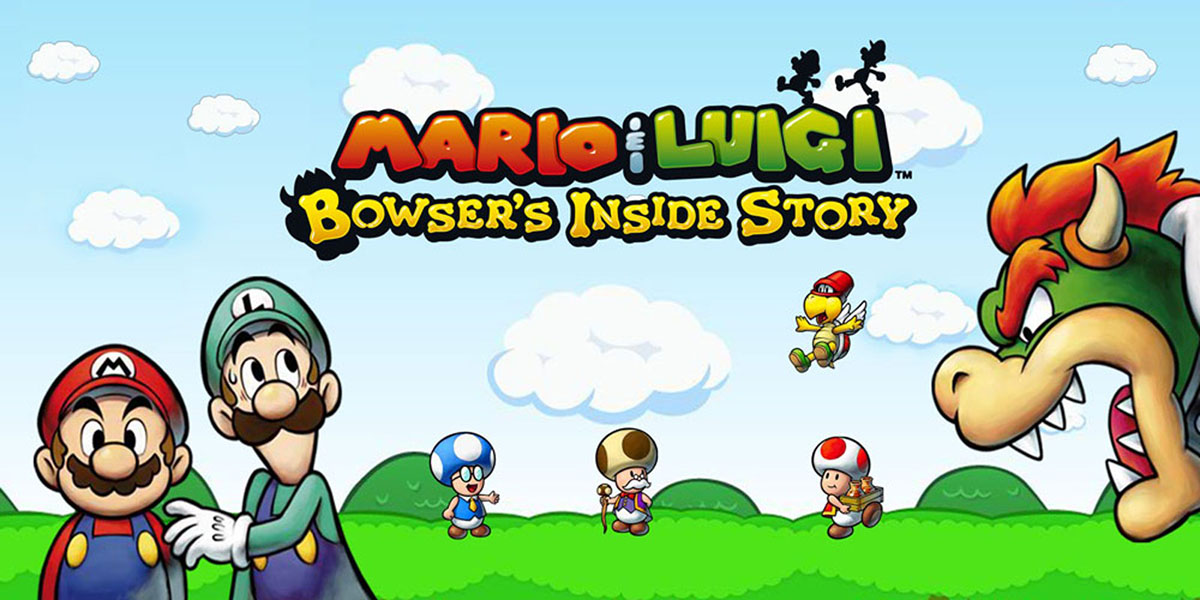Editor’s Note: This is the third in a series of columns exploring the issues of privilege and, conversely, adversity as encountered by various segments of society. The series will run every Thursday.
A number of years ago, I attended a conference where I was led through an activity similar to the ones our peer diversity trainers facilitate. We were all on a line, and we had to take a step forward or backward depending on our response to a particular statement and our life’s experiences.
One of the statements had to do with being a member of a religion other than Christianity. I remember hesitating because my maternal grandmother was Jewish. I actually learned this after her passing when my grandpa shared it with the family. I happened to share this with the principal at the middle school where I taught. He was Jewish and would regularly tell me that I was Jewish because it follows the woman’s line.
So, as I was participating in this simulation, I debated whether to take a step backwards and “out” myself as something other than Christian.
I ended up not moving and staying exactly where I was. In debriefing the activity with a Jewish friend attending the same conference, he told me how he was glad that I had not moved, saying I didn’t know what it was like to be Jewish since I had not been discriminated against. It was then that I started to become more aware of the privilege that I have because I am a Christian.
At the age of 13, I became a Christian, and it was not a decision that I took lightly.
For most of the years since, I have been oblivious to the benefits I have because of my faith. But I have increasingly become aware of how many privileges are mine simply because I am a Christian. The following identifies some of them.
The calendar of much of the world is based around Jesus’ birth, which suggests that my religion is more important than some others. If something occurred in history before the year zero it is usually called B.C. (Before Christ). If an event in history occurred after zero it is called A.D. (Anno domini – Latin meaning “in the year of the Lord”).
Today, scholars have wisely changed these designations, now using C.E. (Common era) and B.C.E. (Before the Common era). At least these recognize the integrity of both Judaism and Christianity.
Many state and federal holidays follow my religious practices and usually have no impact on my job or school.
This is not the same for a friend who has to take personal days to celebrate Rosh Hashanah or Yom Kippur as she only gets 10 vacation days a year.
I can share my holiday greetings without being aware of how it may impact those who do not celebrate the same holidays. The language that goes with the major holidays enters our lives as I regularly hear people say Christmas or Easter vacation.
Another way that language reflects Christian privilege is using the phrase “faith based initiatives.” When people say that, they are usually thinking about Christian opportunities or church initiatives.
When people say, “She’s a good Christian woman,” they usually mean she’s a good person. Many Biblical phrases and concepts that Christians consider universal might not be understood by others: She’s a “good Samaritan;” he’s a “prodigal son.”
There are many accessible places of worship for me, whereas there are not too many mosques or Buddhist temples around. Police officers will likely assume I am a non-threatening person if they hear that I am a Christian. In fact, it will probably help them to perceive me as being “in the right.”
One particular diversity conference I attended had a session on Christian privilege. We were given a list of these privileges, some of which included the following:
I can talk openly about my religious practices without concern for how it will be received by others. I don’t need to know about the religious practices of others and am not penalized for not knowing them. If I choose, I can almost always be among those from my religion most of the time. It is likely that mass media represents my religion widely and positively. It is likely that I can find items to buy that represent my religious norms and holidays with relative ease (food, decorations, greeting cards, etc.). When swearing an oath, I am probably making this oath by placing my hand on the scripture of my religion. All of these examples are invisible to most of us with Christian privilege and yet they can be barriers to others.
I think it would be wise for those of us with Christian privilege to admit these benefits and choose to become allies to those who believe differently than we do. We should change our language. And this “spring break” use that phrase! After all, wasn’t it Jesus who said to deny ourselves?
Pattee is an assistant professor of curriculum/instruction and a columnist for The Spectator.






